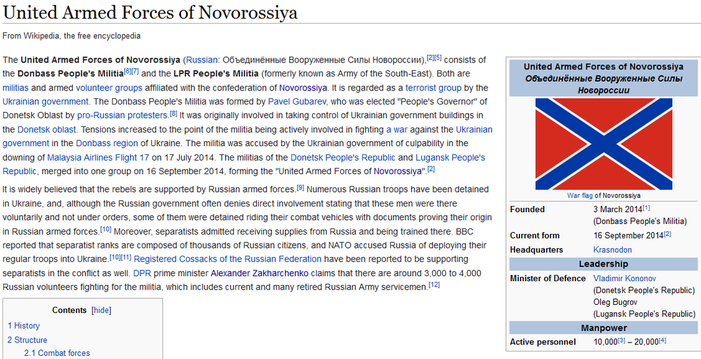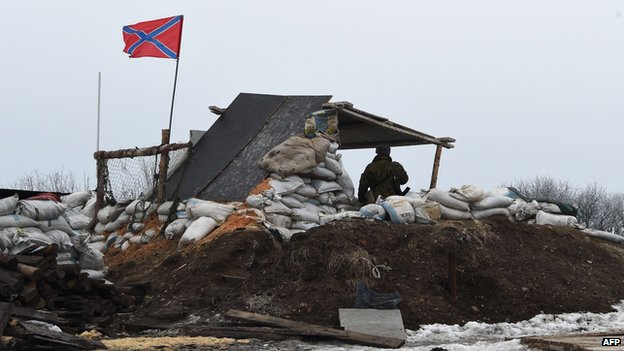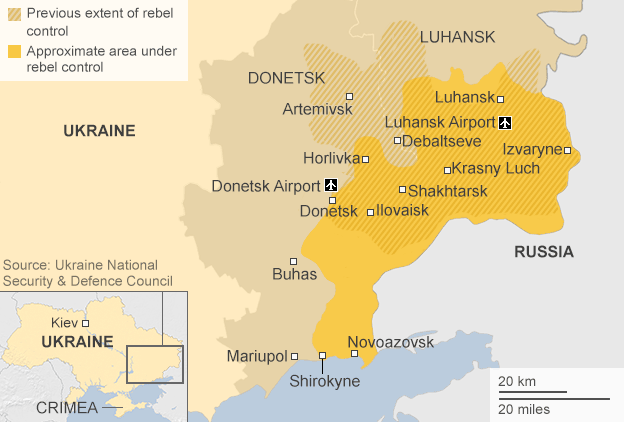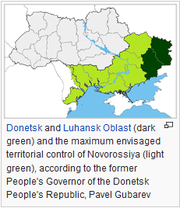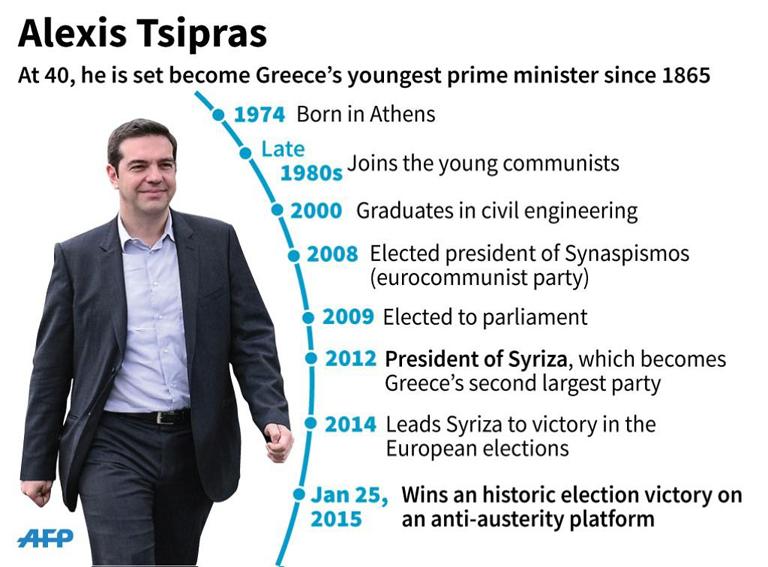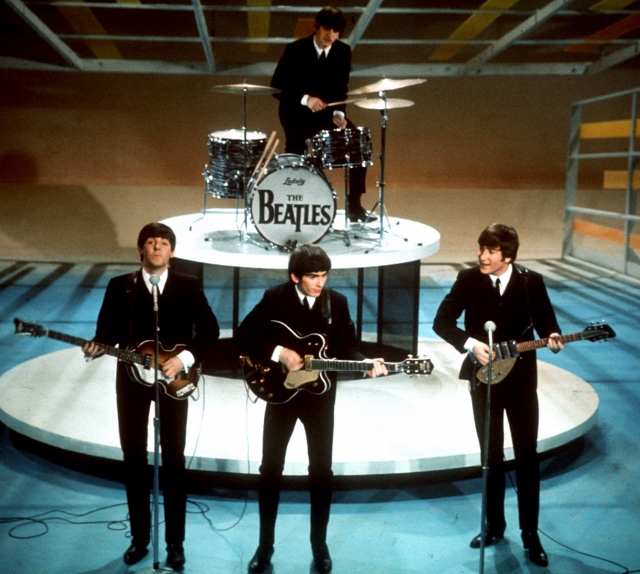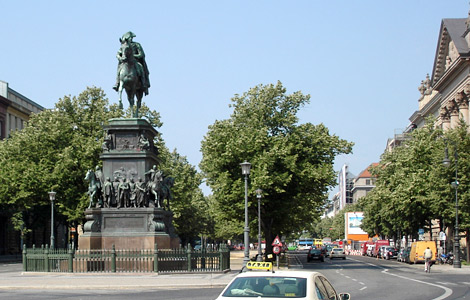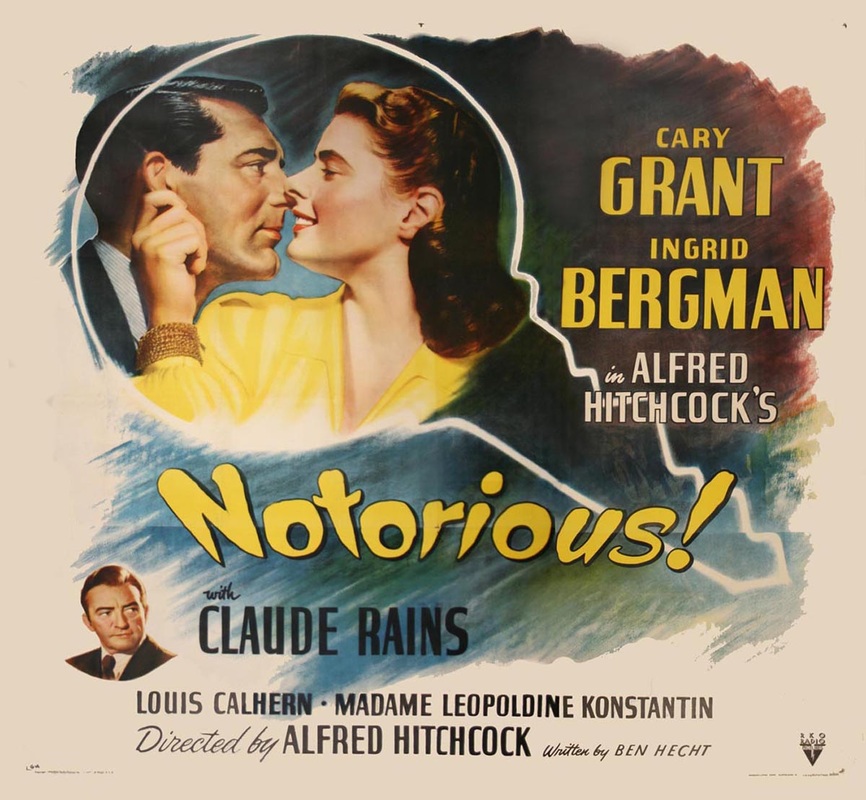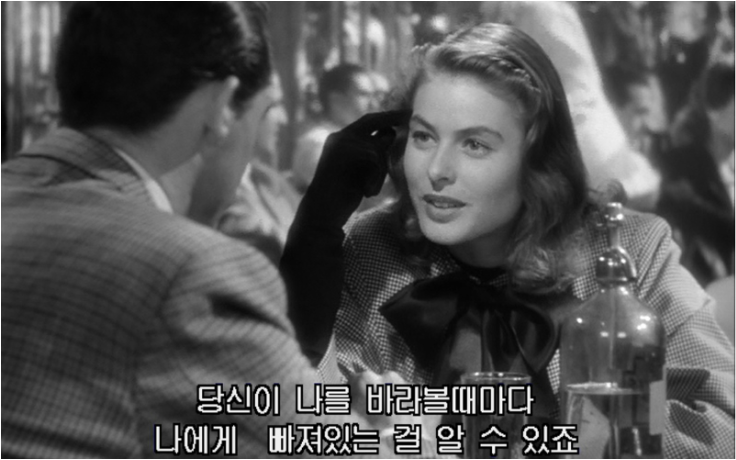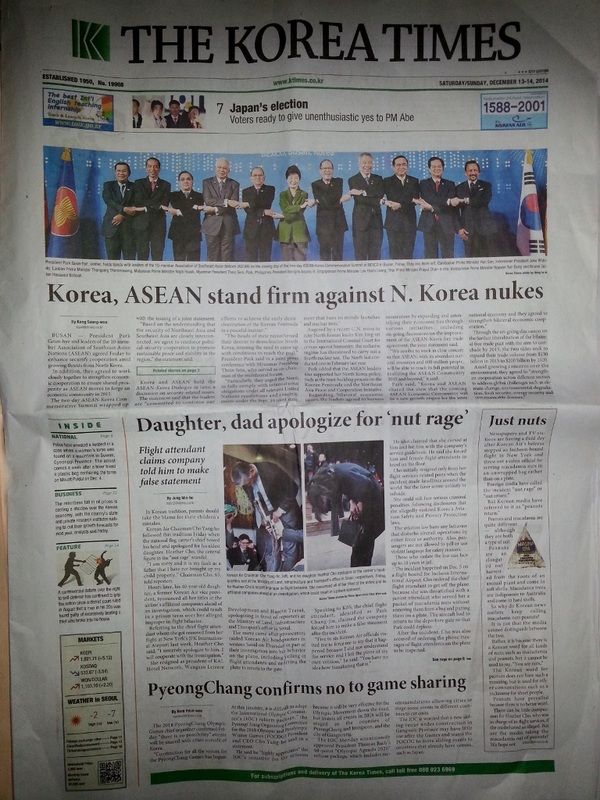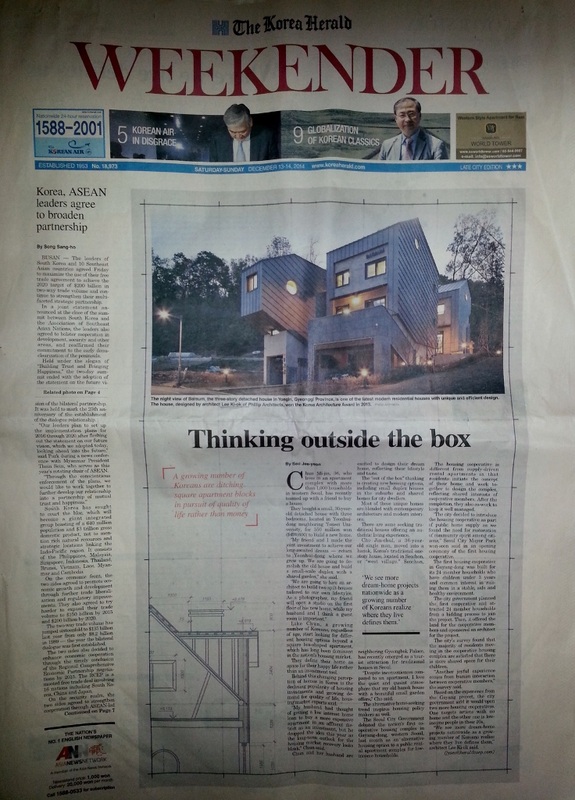#263 was a long comparison of the two English newspapers of South Korea, the (basically) left-wing Times and the (basically) right-wing Herald. (Don’t think that the adjectives that preceded each newspaper title in the preceding sentence give you any full or clear idea about in line with U.S. or other Western politics. Notably, for certain complicated reasons, racialism is more associated with the political Left in Korea. The DPRK regime itself is certainly racialist.)
Somebody arrived at my quiet corner of the Internet here, I presume via a Google search, and left a comment asking for specifics on the broad tendencies I discussed in #263. I had stated in the post that as this is just for my own “entertainment” and kind of a personal reflection on things I’d observed over a long period, I didn’t want to dig through archives to tendentiously and/or pedantically prove everything. Why do it? It would turn into a big research project for which I have no time.
But I’ll do it anyway, in a limited way because he sort of challenged me to. I can use examples from this very week to show that Times is left-wing Herald is right-wing. This will prove to be very easy to do, as you’ll see if you read any more below.
It so happens that a small, far-left political party was banned on Friday by the South Korean government for being “anti-constitutional” and allegedly supporting North Korea, a criminal offense. This was the Unified Progressive Party (UPP) (통합진보당). It had several of its elected, sitting members of the national legislature jailed after the government implicated them in a supposed “pro-North Korea plot” in 2013.
This was the first time that South Korea has ever banned a political party. That was Friday. Now consider the two newspapers’ lead editorials published the next day, Saturday.
Left-leaning Korea Times chose not talk about the ban handed down the previous day at all (anywhere on the opinion page), but talked instead about the inevitably-related issue of North Korea:
U.S. officials, and their South Korean counterparts for that matter, have always said they are open to dialogue with North Korea ― provided the latter shows “sincerity” by taking preliminary steps toward giving up its nuclear programs. If the Cuban breakthrough is any guide, however, the allies would well do to ease their preconditions somewhat and reopen talks with the isolationist regime in other areas. That is, on condition of Kim Jong-un trying to be at least as open and reformative as Raul Castro, if not the late Deng Xiaoping of China.
South Korea should attempt to be such an arbiter and facilitator, instead of parroting the U.S. tactics on North Korea. This is why we find something missing from the government’s response to the U.S.-Cuban development, which just welcomed it and expressed a willingness to also set up relationship with the Caribbean country.
Seoul should do far more, and better, than that. [Note: “Seoul” appears in the paper copy of the newspaper. In the online archive, this was changed to “the Park Geun-hye administration”.]
[“Korea Times” / December 20th, 2014 editorial]
Take special notice of the bolded parts above. The Times editorialist is calling for South Korea to be (we might say) “soft on North Korea”. A renewal of the Sunshine Policy, the years-long irritant of the South Korean Right which has been mothballed for years.
There is also a not-subtle mockery here of the South Korean right-wing for “parroting the U.S.” This is a nod towards the idea often voiced by the Korean Left that Korea is under threat of “becoming an American colony” (whatever that means). Ultimately, this must draw at least some of its water from the racialist well. “Let’s support our fellow Koreans, not be led around by White outsiders”. They cannot directly say something like that, of course. They walk a fine line.
Now look at the Korea Herald editorial, which waved the “anti-red flag” high and clear.
Demise of radicals
The Constitutional Court’s ruling to disband the leftist Unified Progressive Party was a long-awaited, legitimate move to drive out dangerous radicals disguised as “liberals” from this society.
The court, announcing the result of its yearlong adjudication on a petition filed by the government, ruled Friday that the UPP should be disbanded because its objective and activities violate the basic democratic order protected by the Constitution.
[…]
But the end of the legal war does not mean that we can lay down our arms against the staunch leftists. The UPP and its loyal supporters will not easily give in to what they call “a ploy to destroy conscientious liberal political forces.”
One more thing we should watch out for is the possibility that the same anachronistic radicals will attempt to regroup and create a surrogate party. Friday’s ruling includes a ban on any such attempt, but we are well aware that the radicals are good at reorganizing themselves.
Never again should they be allowed to attempt to gain a foothold in any sector of this society, not least the parliament. [December 20th, 2014 editorial, “Korea Herald”]
The Herald editorialist has no time for the view that going around banning political parties is a really dangerous game.
The left-leaning Times, while it didn’t editorialize on the subject on the day after the ban, did report on the ban as its
lead story on the front page, using the subheading “Unprecedented ruling on UPP met with hurrahs, fears of McCarthyism“. There is some soft or tacit editorialism within this Times front-page article:
UPP members and its supporters criticized the court ruling, saying it would lead to an ideological witch hunt, similar to McCarthyism experienced in the U.S. during the 1950s. The UPP has almost 30,000 members.
[…]
Friday’s decision was welcomed by many conservatives, while liberals largely condemned it. Members of the UPP staged a protest outside the Constitutional Court to protest the decision.
Lee Jung-hee, the party chairwoman, said after the ruling that, “Now [the Republic of] Korea is ruled by a dictator.” “The Constitutional Court, which was created after the pro-democracy movement of the 1980s, has now given up listening to the people,” she added.
Some people have viewed Friday’s decision with concern, saying it may restrict free speech, especially when it comes to North Korea. A similar question was raised by Korean-American intellectual Shin Eun-mi, who is currently being questioned for travelling to North Korea and speaking publicly about her trips.
The Korea Times addresses this issue directly in an editorial that will appear in the Monday December 22nd edition:
[I]t is undeniable that the verdict [to ban the far-left-wing political party] might compromise our precious democratic values ― freedom of speech and pursuit of diversity. At a time when the party’s platform does not clearly stipulate a violent revolution or the North Korean style of socialism, the ruling might be the result of interpreting the platform out of proportion. That is because of our concern that the break-up of a political party through a court decision could weaken the freedom of political activities and violate democratic values based on party politics.
Most worrisome is that the verdict might deepen the ideological conflict between conservatives and progressives. But given that the Constitutional Court’s ruling is final, it is basic for every member of society to honor it. Rather, our sincere hope is that this can serve as an occasion to let progressive politics flourish if liberals succeed in dampening the time-consuming dispute on “following North Korea” from now on.
It is obvious that North Korea’s anachronistic system cannot be an alternative to the country’s progressive forces. They should emerge as social democrats that can take power by uprooting the cause for controversy over North Korea. [December 22nd, 2014 editorial,‘”Korea Times”]
